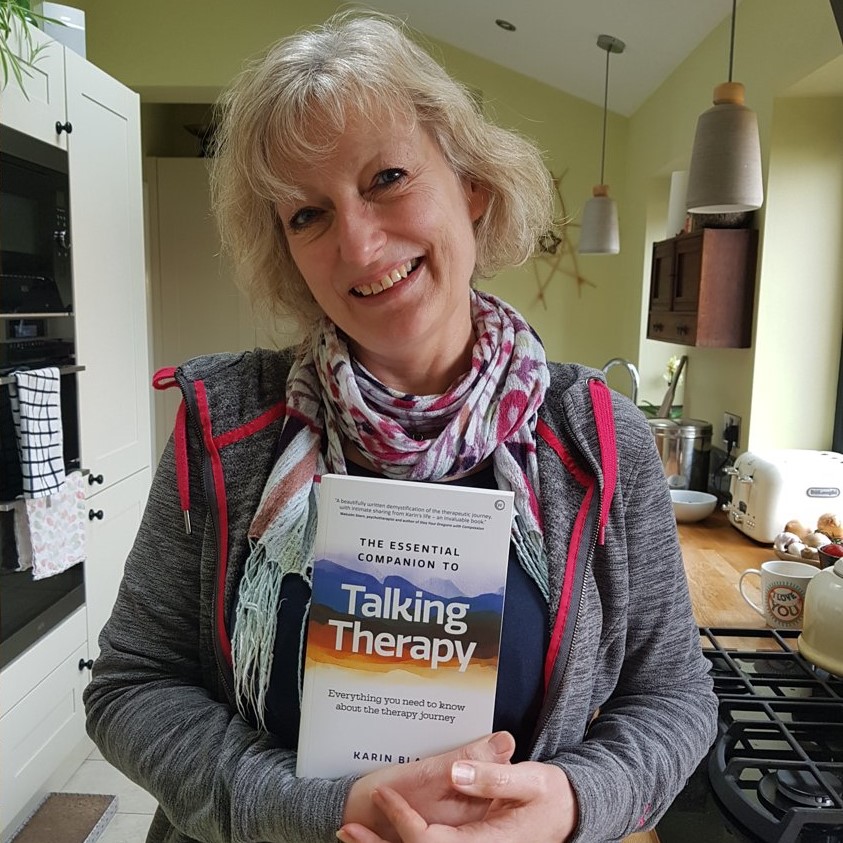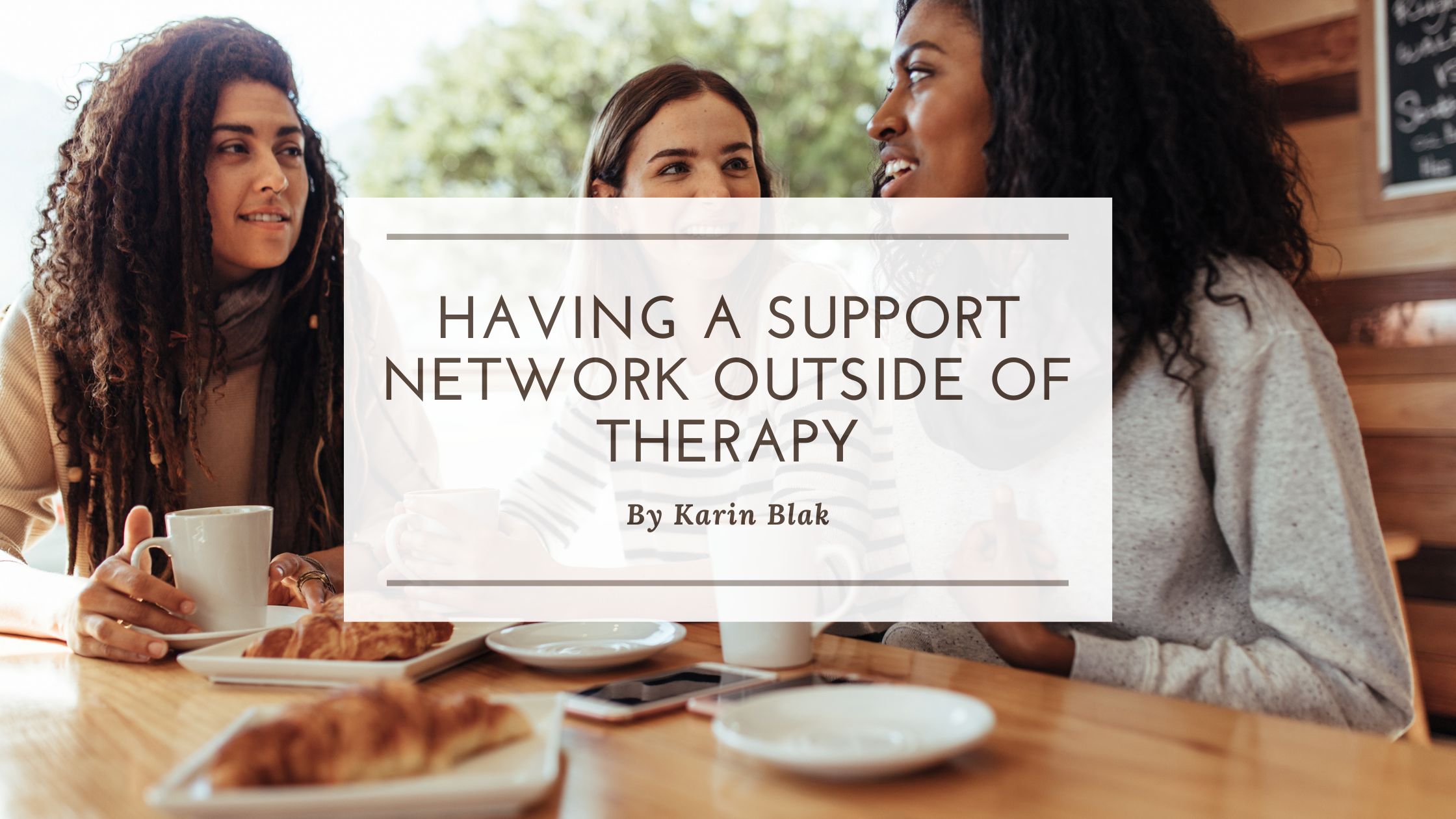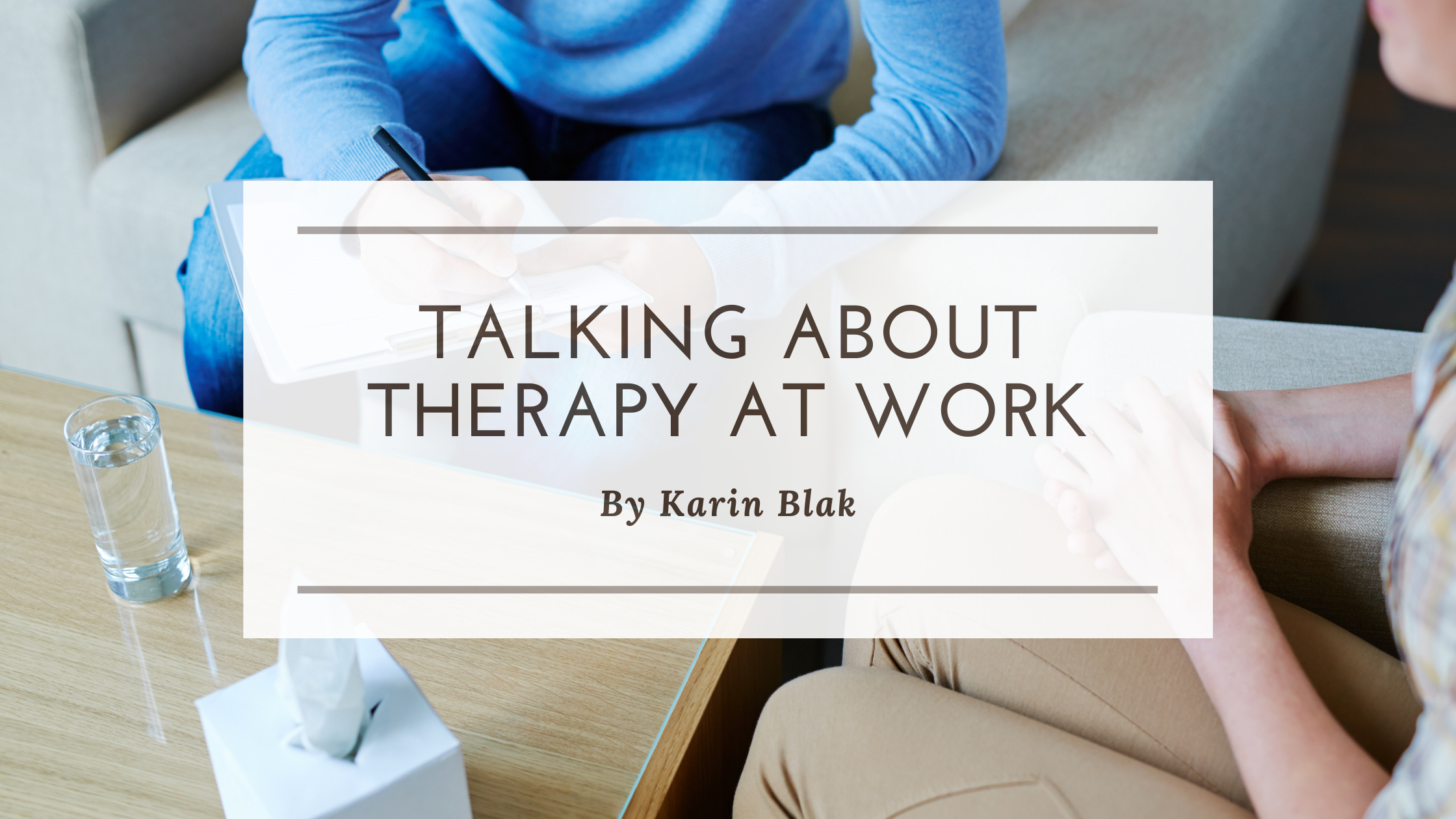Talking About Therapy With Your Partner

By Karin Blak
The prospect of talking with our partner about therapy can leave us feeling exposed and vulnerable: admitting to needing psychological or emotional help can evoke anxieties of being seen as weak or letting our partner down in some way. We can worry that our partner will not understand or perhaps that they will leave us, believing we are not who they thought we were.
The truth is that in most cases our partner will already have noticed that we are struggling in some way and may even have considered the possibility that we need a little help. They might have seen a change in our behaviour or reaction in our daily lives. Perhaps we are more tired than usual, or we have lost a spark. Whatever is going on inside of us will be reflected in our reactions to the world outside of us. No matter how we try to disguise our struggles, something will leak through in our interactions with others.
How to talk with our partner about therapy
Talking with our partner about therapy may come as a relief to them as well as us. Our conversations will not necessarily consist of the intimate details of our therapeutic sessions, these are confidential to us as well as the therapist, but will be about our experiences of the therapeutic process.
The reason for us seeking therapy will be a good starting point. Talking about what we struggle with and how we experience this can be the beginning of our partner understanding our inner world. Getting to know a deeper part of us will help to create the supportive space that is so important for the success of therapy.
Talking about our fears and hopes for therapy as we prepare for the first session will be like reaching our hand out for our partner to steady us. It is quite normal to have worries about the first session or two, until we get to know the therapist and the usual process of sessions.
Once therapy is under way and we engage fully with the process, there may be times when we prefer to contemplate our therapeutic conversation before we engage with our partner about our experience, carefully selecting what we want to talk about. On the other hand, there might be times when we want to discuss the detail to clarify issues or to feel supported.
The benefits of talking
Talking about therapy will open the door to our experiences being accepted and understood in our relationship, creating a space where our partner can support us and we can accept their contribution. For most couples, this open and honest dialogue is more likely to bring the two of us closer together than push us apart.
Letting our partner in to our inner world while we are in therapy can open up an avenue to deepening our relationship. Both of us sharing emotional experiences and thoughts that bother or intrigue us, will contribute to a closer bond between us.
Of course, if we haven’t got a partner, or our partner is the very reason why we are in therapy, having a trusted friend or family member to talk with about our therapeutic experiences will provide us with an alternative source of that much needed support through therapy.

Karin Blak is a qualified couples counsellor, family therapist, and psychosexual and relationship therapist. In 2019 she received the East Midlands SME Most Dedicated Relationship Therapist award. Karin has worked at GP surgeries, inpatient units, Sure Start Centres, Relate, Connexions, and in private practice, and sat on the ethics board at the College of Sexual and Relationship Therapy (COSRT). She has spoken on BBC Radio and blogs on Medium about relationships and self-development topics.
Karin’s book, The Essential Companion to Talking Therapy is for those currently in therapy, seeking therapy, considering returning to therapy, or supporting a loved one through it.
The book is available now in multiple formats; order your copy here.




